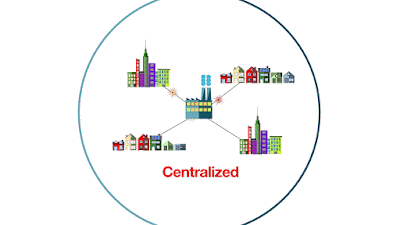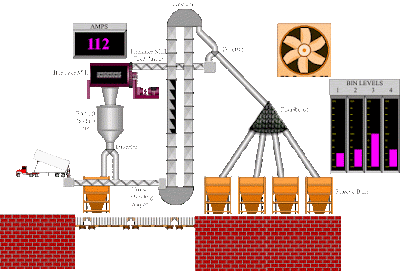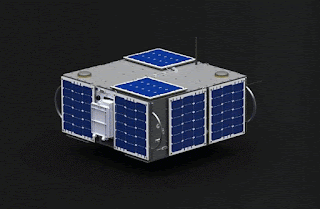About the
Subject:
Process
control is an engineering discipline that deals with architectures, mechanisms and algorithms for maintaining the output of a specific process within
a desired range. For instance, the temperature of a chemical reactor may be
controlled to maintain a consistent product output.
Topics to be
covered in this Seminar:
Methods of computing
the state transition matrix – System with zero-order hold- analysis–correlation
analysis– Spectral analysis –
Parametric methods:- Least square method – Recursive least square method- Review
of z-transform – Modified of z-transform – Pulse transfer function – Digital
PID controller – Dead-beat
control and Dahlin’s control- Properties and Application of RGA – Multi – loop
PID Controller– Biggest Log Modulus
Tuning Method – De coupler- Multivariable Model Predictive Control –
Generalized Predictive Controller –
Implementation Issues.
Time to be
planned :
1 or 2 days
1 or 2 days
Kind of
program :
3D based Seminar and Guest Lecture for the Students
Reason for
the program :
Kalam Scientist Team aiming to build young generation Scientist
Kalam Scientist Team aiming to build young generation Scientist





















